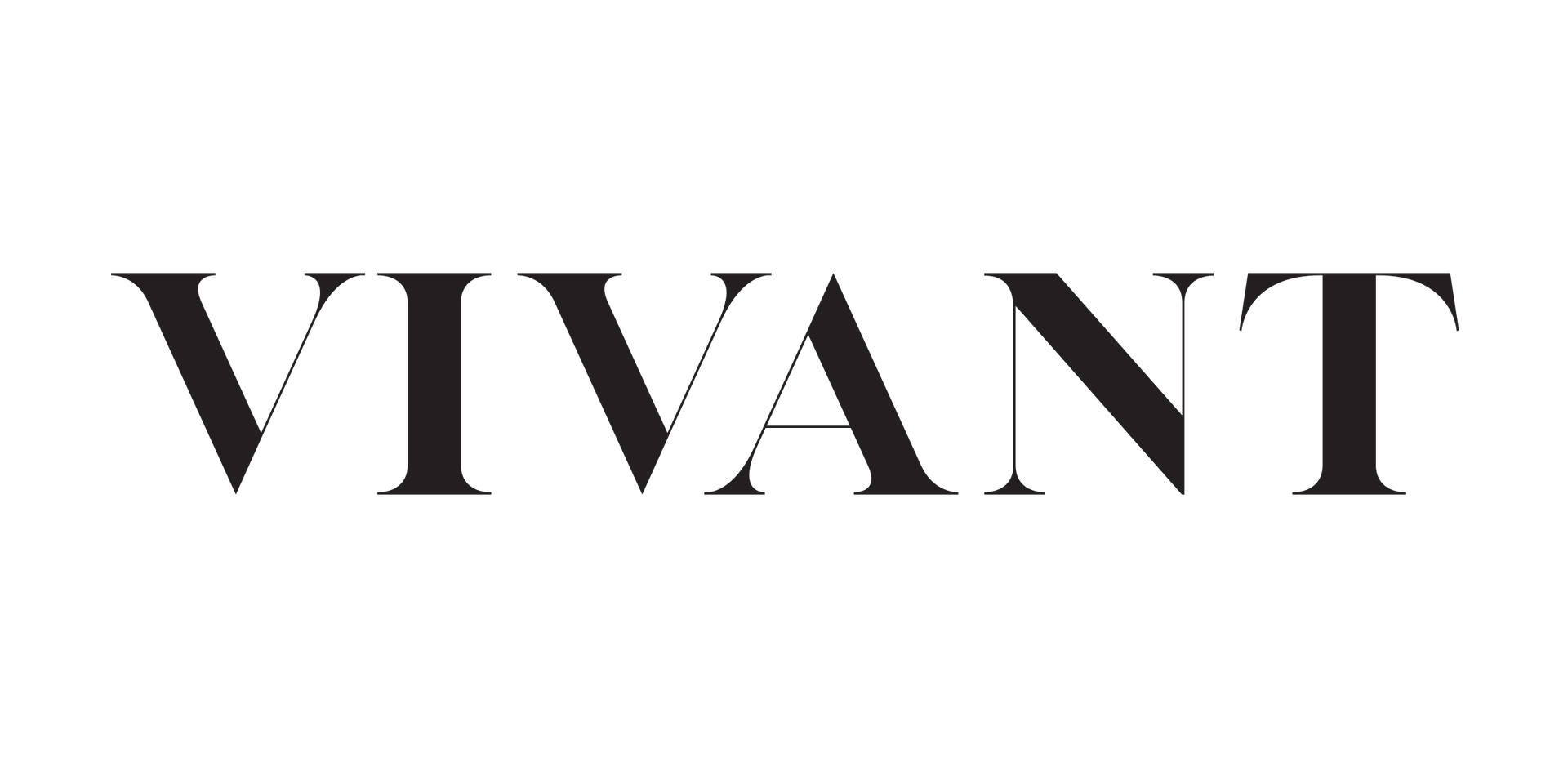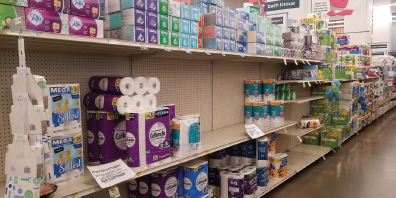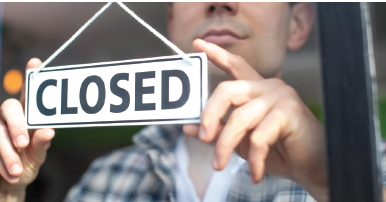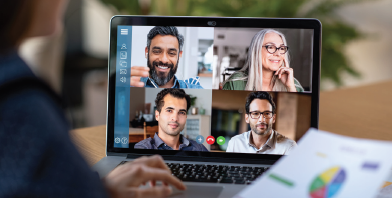Life After Corona
In a rapidly changing world where a pandemic has fundamentally altered our futures, most are looking forward to returning to “normal”. What,
however, will be the new normal? What are the things that we've discovered through the past months that will forever become a part of our lives?
Which parts of our lives will we just have to look back upon fondly and what aspects of our old lifestyles will we be glad to shed? Predicting the future
in challenging times can be risky, but here are some likely ways in which life after corona will change.
PERSONAL INTERACTIONS
We have been rapidly conditioned to view other humans as virus carriers
and unclean. This will not return to “normal” in the foreseeable future.
Instead of shaking hands we will be using alternatives like touching
elbows, fist pumps, or a variety of potential head nods, waves and
even bows. Those who are non-huggers will appreciate these changes but
there will be those who will be slow to adapt. Camps will form between
those who believe it is human nature to interact physically and those who
believe maintaining social distancing is best. Sadly, this will also likely
give us something else to argue and debate about.
Whether hand shakes, hugs and random physical interactions return
or not, one thing is for sure. We will become a cleaner more sanitized
version of ourselves. There is no going back from using sand hanitizers
and washing hands more frequently. Hand santizer will become commonplace
everywhere from grocery stores to workplaces. Public places
like restuarants, pubs and coffee shops will be kept much cleaner than
previously with customers paying much more attention to how their food
is handled. There will need to be cleanliness retraining in restuarants.
Workers in retail locations will be encouraged to spend any down time
cleaning and santizing work areas. Restrooms will be kept cleaner. Even
though masks and protective gloves may largely be put away, our personal
expectations for cleanliness will rise.
PERSONAL STOCKPILES
One of the great lessons of the 2020 pandemic is to be prepared. Many
in the Southeast United States already were aware of such preparations
each year during hurricane season. Now, the nation as a whole saw how
important having a back-up of non-perishable goods, including toilet tissue
and paper towels can be. While there were few reports of shortages,
beer, wine and alcohol sales skyrocketed as fears of a total lockdown
grew. In the future, consumers will likely keep larger supplies of these
goods on hand. While the pandemic will probably increase the number
of serious “preppers” in the world, most families will respond by maintaining
a larger supply of toilet paper, paper towels, canned tuna and
peanut butter.
ENTERTAINMENT
One of the first significant responses to the COVID-19 pandemic was
the swift shutdown of entertainment and sports leagues and venues. Both
college and professional basketball cancelled seasons as did the NHL,
NASCAR and Major League Baseball. Movie theaters closed, nightclubs
and pubs were shutdown and concerts canceled. Few doubt the return of
these events, as they are important to our economy and mental health.
Theaters may become smaller with separate viewing stations. Filmakers
will explore making initial releases to at home viewers at premium
pricing. Drive-in movies may return to popularity. Sports leagues may
find themselves limiting seating to maintain at least some social distancing
and to account for a lighter demand in a post-pandemic economy.
Large theme parks, will at least initially, likely limit access to those who
are staying at on-premises hotels. These parks will promote a cleaner,
less crowded environment. Capacities will be limited at bars, cubs and
restaurants.
THE WORKPLACE
Although working remotely from home was already expanding in the
workplace, coronavirus helped validate its value to both employers and
employees. Rather than renting large, expensive office space, many employers
can have staff working remotely. This provides increased job
satisfaction and less commuting expense for employees. It obviously
decreases overhead for employers. Technology, like video conferencing
advances, makes meetings and group projects as efficient as being there
in person.
CONSUMER BUSINESSES
One of the biggest changes we will see in a post-pandemic world is how
consumers conduct business and who they decide to do business with. In
2019, over 10,000 bricks and mortar stores had already closed. Online
businesses were already growing by 15% annually. COVID-19 acclerated
and solified these changes. Consumers took to the internet in droves having
products delivered. The virus, however, expanded our desire for convenience
by including take-out delivery and grocery shopping services.
This is a convenience we won't be willing to soon give up. Businesses
who can convince consumers that they are safe, clean, efficient and convenient
will continue to win the day.
"WHAT WOULD HAPPEN IF..."
One of the great unknowns about a post-pandemic world is how governments
will react to what has been, in essence, a massive social experiment.
How would millions of people react to being told to stay at home?
What effect would less cars on the road have in the real world? What
freedoms are people willing to give up in a crisis? How would we react
to this financial recession as opposed to the Great Recession of 2008?
Posturing is already taking place to see who will control what a post-pandemic
world will look like and what are considered "essential" services.
What we do know is that families can learn to put puzzles together and
play board games together again. That waving to neighbors on morning
walks can provide at least some satisfaction. That supporting local
business and restaurants does matter. Perhaps we've learned that sports
doesn't have to absorb quite so much of our time and attention.
The pandemic is leaving behind almost unimaginable sorrow and
heartbreak. It has crippled families financially and forced many others
to make changes. But it will also, in some ways, change us for the better.
It's time to start looking for those
positive changes and do what we
can to ensure they become a
lasting part of our lives.










